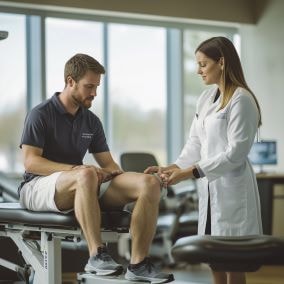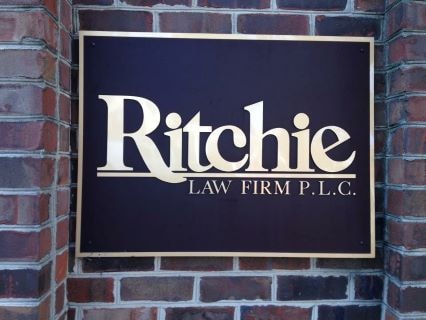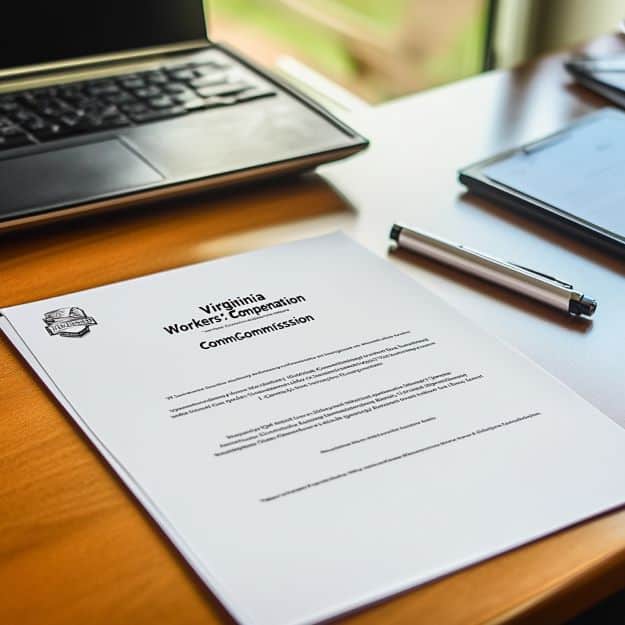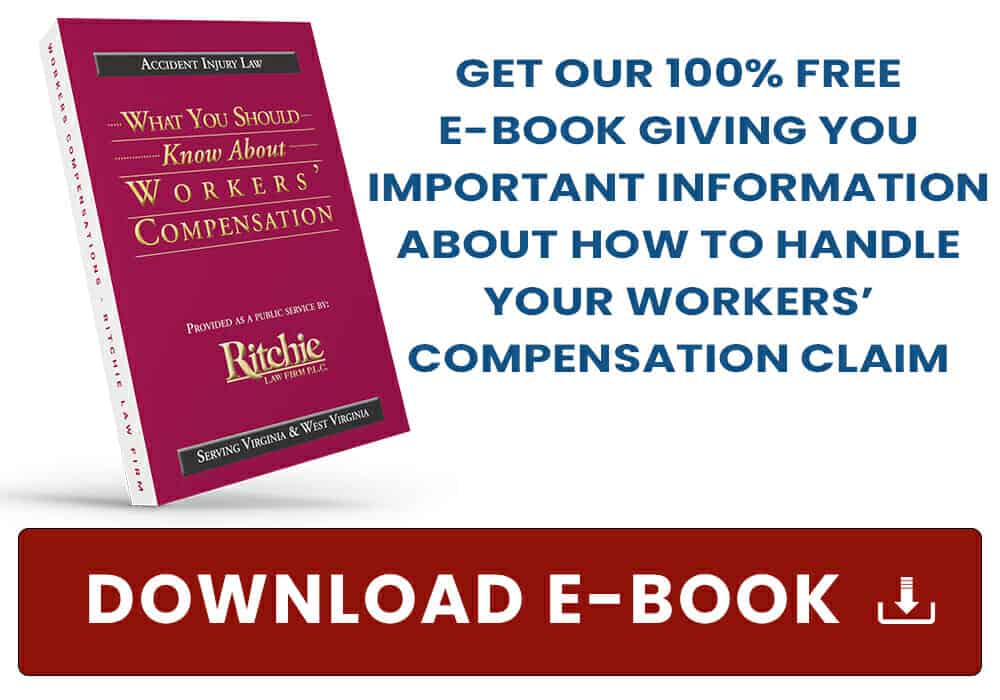Complete Guide: What Injuries Are Covered Under Virginia Workers Compensation
If you’ve been injured at work in Virginia, you might be wondering what injuries are covered under Virginia workers compensation. The types of injuries and conditions that qualify for compensation include accidental injuries and occupational diseases linked to the workplace. Understanding exactly what’s covered can help you navigate the complexities of filing a Virginia workers comp claim.
Key Takeaways
- Virginia’s workers compensation system provides no-fault insurance for work-related injuries and occupational diseases, ensuring coverage for most employees with specific eligibility criteria.
- Accidental injuries are generally compensable, covering a wide range of incidents such as slips or machine-related injuries, while repetitive motion injuries may only be eligible if certain conditions are met.
- Occupational diseases, including respiratory and skin conditions, can be compensated if directly connected to job-related activities, with certain exclusions for ordinary diseases.

Understanding the Virginia Workers Compensation Act
Virginia workers comp is governed by Title 65.2 of the Virginia Code, ensuring a legal framework that protects injured workers and their rights. Overseen by the Virginia Workers Compensation Commission (VWCC), this system provides no-fault insurance for work-related injuries and occupational diseases, making it accessible for most Virginia workers.
Employers in Virginia with at least two employees are required to carry workers comp insurance, ensuring that they are prepared to support their employees in case of an accident or illness. However, not all injuries are covered under this system, particularly those that do not meet specific criteria of Virginia workers comp law. Workers compensation aims to aid employees in recovering from a work related injury or illnesses by providing medical benefits, wage replacement, and additional support.
Accidental Injuries Covered by Workers Compensation

Accidental injuries are a significant aspect of the Virginia Workers Compensation Act, covering a broad range of work-related incidents. Whether it’s a slip and fall, a machine-related injury, or any other sudden accident, these injuries are generally compensable under Virginia workers compensation. The system ensures that injured workers receive the necessary medical care and compensation to facilitate their recovery.
Coverage for injured workers includes various medical expenses such as emergency care, hospitalization, and follow-up treatments. The employer’s insurance company is responsible for these costs, ensuring that the injured worker does not bear the financial burden alone.
Temporary total disability benefits may be provided if an injury keeps the employee out of work completely for a certain period. Temporary partial disability provides benefits when a medical provider requests that an employee work light duty jobs for a specific amount of time. An injured employee may be entitled to permanent partial disability benefits if a medical provider determines they have a permanent injury caused by a work related injury.
Specific Accidental Injuries
Virginia Workers Compensation covers a wide array of physical harms resulting from workplace incidents. Examples of compensable injuries include broken bones and sprained joints. Other examples of recognized injuries are cuts, burns, back injuries, and brain injuries.
These injuries can have a significant impact on an injured worker’s life, requiring extensive medical care and potentially leading to permanent disabilities.
Repetitive Motion Injuries
Repetitive motion injuries, such as carpal tunnel syndrome, present a unique challenge in the realm of workers’ compensation. Generally, these injuries are not covered under Virginia Workers Compensation.
Occupational Diseases Eligible for Compensation

Occupational diseases are another critical area covered by Virginia workers compensation. Occupational diseases must be directly linked to the work environment and job-specific activities.
Examples of occupational diseases include:
- respiratory problems
- skin conditions
- heat stroke
- cardiovascular issues
- certain types of cancer
The Virginia Workers Compensation Commission evaluates these claims to determine eligibility and ensure that injured workers receive the compensation they deserve. The coverage of occupational diseases ensures that employees exposed to hazardous conditions in their workplace are not left without support.
Respiratory Problems
Long-term exposure to workplace irritants can lead to severe respiratory problems, which are eligible for compensation under Virginia workers compensation. Conditions such as asbestosis, COPD, and occupational asthma are examples of respiratory problems that can qualify for compensation if linked to job-related exposures. High-risk occupations for developing these issues include construction, mining, and manufacturing, where dust and toxic fumes are prevalent.
Filing a successful claim for respiratory problems requires medical records, detailed work history, and statements from medical professionals linking the illness to workplace exposures.
Skin Conditions
Skin conditions resulting from exposure to harmful substances in the workplace are also eligible for compensation under Virginia Workers Compensation. These conditions must be directly linked to the work environment to qualify for compensation.
Other Occupational Diseases
In addition to respiratory and skin conditions, other occupational diseases such as heat-related illnesses and certain cancers caused by toxic workplace environments may also compensable. Conditions like heat stroke, cardiovascular diseases, and certain cancers must demonstrate a connection to toxic substance exposure during employment to be eligible for compensation benefits.
Injuries Not Covered by Virginia Workers Compensation

While Virginia Workers Compensation covers many injuries and diseases, not all are eligible for compensation. Injuries that do not meet specific criteria set forth by the Virginia Workers Compensation Act are excluded. Understanding the types of injuries not covered provides insight into the system’s limitations.
Repetitive motion injuries, including those caused by prolonged typing or lifting, are generally not eligible for compensation in Virginia.
Ordinary Diseases
Ordinary disease, caused by viruses and bacteria (illnesses like the common colds, flus, etc.) are usually not covered by Virginia Workers Compensation unless there is clear proof they are work-related and could not have been contracted by any other means.
Personal Misconduct
Injuries resulting from personal misconduct, such as horseplay or voluntary, non-work-related activities, are typically not covered by Virginia workers compensation. If an injury occurs due to an employee’s misconduct, the claim is likely to be denied.
Medical Benefits for Compensable Injuries

Virginia Workers Compensation offers various medical benefits for compensable injuries to ensure injured workers receive necessary care. These benefits include emergency care, hospitalization, doctor’s visits, prescribed medications, and rehabilitation services. The employer’s insurance company is responsible for covering all necessary medical expenses for as long as required by the injured worker.
In addition to direct medical expenses, injured workers may also be reimbursed for travel to authorized medical appointments. Medical benefits play a crucial role in helping injured employees recover and return to work as soon as possible.
Necessary Medical Treatments
Authorized medical treatments include doctor visits, hospitalization, physical therapy, and prescribed drugs specific to the injury. Injured workers can choose their healthcare provider from a list provided by their employer, ensuring they receive appropriate and timely care.
Medical Documentation Requirements
Proper medical documentation is crucial for supporting workers’ compensation claims, validating the necessity and appropriateness of medical treatments received for work-related injuries.
Travel costs to authorized medical appointments may also be reimbursed with proper documentation.
Wage Replacement and Disability Benefits
Wage replacement and disability benefits are essential components of Virginia Workers Compensation, offering financial support to employees unable to work due to injuries. These benefits cover a portion of the lost income, ensuring that injured workers can manage their financial obligations while recovering. The Virginia Workers Compensation Act outlines the specific rates, amounts, and durations for various disability compensations.
There are two main types of temporary disability benefits: Temporary Total Disability (TTD) and Temporary Partial Disability (TPD). Knowing about these benefits helps injured workers navigate the compensation system more effectively.
Temporary Total Disability
Temporary Total Disability benefits offer wage replacement for employees entirely unable to work due to injuries, which can result in lost wages. Compensation begins on the eighth day of disability and covers two-thirds of the average weekly earnings.
If the incapacity continues for more than 21 days, compensation is retroactive to the first day off work.
Permanent Partial Disability
Permanent Partial Disability benefits are available to employees who have reached maximum medical improvement and have a permanent impairment rating greater than 0%. Claims must be supported by a medical report detailing the percentage of loss of use, ensuring that the compensation reflects the extent of the impairment.
Temporary Partial Disability
Temporary Partial Disability benefits are for workers who can return to work with restrictions that affects the amount they are able to earn. These benefits compensate for the lost income due to the limited capacity to work, helping injured workers manage their financial needs while still contributing to their employment.
Filing a Claim with the Virginia Workers Compensation Commission
Filing a workers compensation claim in Virginia involves several steps to ensure eligibility for benefits. Employees must report their work-related injury to their employer as soon as possible, at the latest within 30 days of the incident. Prompt reporting is crucial; failure to notify the employer timely could result in the injured worker not receiving benefits. The employer must file a report of the accident with the Virginia Workers Compensation Commission. For occupational diseases, the reporting timeline might vary but typically needs to be within 30 days of diagnosis.
Reporting the Injury
Injured workers must report the injury to their employer within 30 days to ensure eligibility for compensation. The report must be made to a supervisor rather than a coworker to meet official requirements. Timely and accurate reporting is essential to secure the benefits owed to injured workers.
Legal Assistance
If an insurance company questions an injury claim, seeking legal assistance can be invaluable. Consulting a workers compensation attorney will help you navigate complex cases and disputes, ensuring that injured workers understand their rights and receive the compensation they deserve.
Death Benefits and Funeral Expenses
In the unfortunate event of a work-related death, Virginia workers compensation provides death benefits to help cover funeral expenses and support the deceased worker’s dependents. These benefits include wage replacement for the spouse and/or dependent children, which can be crucial for families facing such a loss.
A claim for death benefits must be accompanied by necessary documentation such as the death certificate and proof of dependency.
Virginia Workers Comp: The Gray Area of Work-Related Accidents
Classifying what constitutes a work-related injury can be ambiguous under Virginia law. These gray areas often require interpretation by the Virginia Workers Compensation Commission or the courts, making it essential for injured workers to understand case nuances.
Understanding these ambiguities can help workers better navigate the claims process. Injuries sustained during workplace events or breaks, for example, may be compensable if they occur on the employer’s premises or are part of normal work duties. Similarly, proving that a pre-existing condition was aggravated by workplace activities can also be complex and requires thorough documentation.
Aggravated Pre-existing Conditions
Workers’ compensation laws in Virginia cover pre-existing conditions only when they are aggravated by work-related injuries. An aggravation occurs when a work-related incident worsens a pre-existing condition, such as a prior back injury exacerbated by lifting heavy objects at work. Supporting these claims often requires medical records and expert testimony.
Summary
Understanding the scope of Virginia Workers Compensation is crucial for any employee navigating a work-related injury or illness. From accidental injuries and occupational diseases to wage replacement and medical benefits, the system is designed to support injured workers. Filing a claim requires timely reporting and thorough documentation, and seeking legal assistance can be beneficial in complex cases. By being well-informed, workers can ensure they receive the compensation they deserve, helping them recover and return to their lives.

Talk To a Virginia Workers’ Compensation Attorney
If you’ve been injured on the job, it is wise to seek a consultation with a lawyer who is experienced in workers compensation claims. At the Ritchie Law Firm, you can talk to us for FREE . . . NO STRINGS ATTACHED! We can give you advice on your claim before you make a decision that could damage your case. Check out our article on “How Much Does a Workers’ Comp Lawyer Cost” here.
For more than 50 years, the Ritchie Law Firm has successfully helped thousands of injured workers navigate the complex workers’ compensation process. Our experienced workers compensation attorneys are dedicated to ensuring you receive the maximum benefits you deserve, as well as getting reimbursed for your medical costs. The Ritchie Law Firm specializes in serving injury victims.
We never represent insurance companies or corporations. If your workers’ compensation case is going to hearing, you will want a trial expert on your side. We are board certified trial specialists through the National Board of Trial Advocacy. The attorney you choose for your workers’ compensation case can make all the difference.
Virginia Workers’ compensation is a complex system that can be very difficult to navigate. The legal complexities involved can be overwhelming. Before making any decisions about your workers compensation claim, it is best to seek the advice of an experienced workers compensation attorney.
Need More Information About Virginia Workers’ Comp?
Contact Us at the Ritchie Law Firm
No Fee Until We Win!
Call today 540-433-6124, fill out the form below or
download our free ebook


